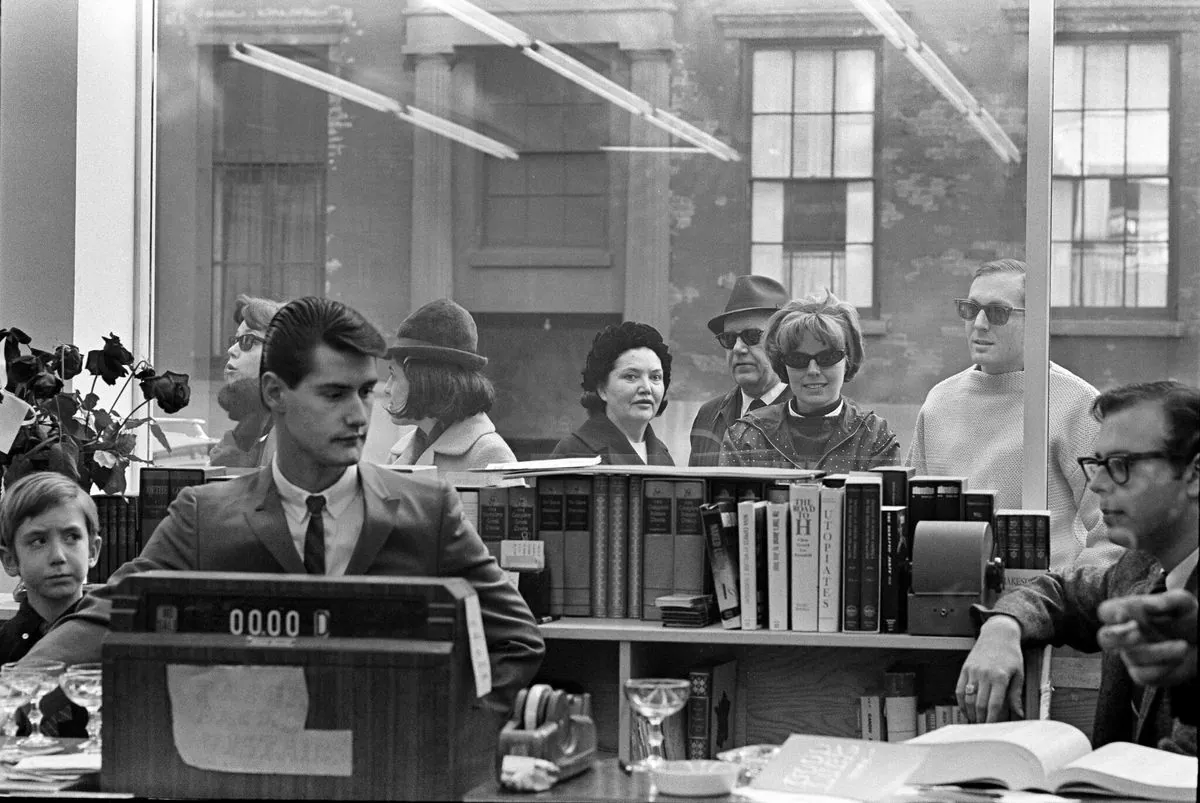Sheed's "Office Politics": A Humane Take on Literary Workplace Satire
Wilfrid Sheed's 1966 novel "Office Politics," reissued in 2024, offers a uniquely sympathetic view of magazine staff dynamics. The book balances satire with genuine affection for its characters and their work.

In the realm of American workplace satire, Wilfrid Sheed's "Office Politics" stands out for its compassionate approach. Originally published in 1966 and recently reissued by McNally Editions, this novel explores the inner workings of a small literary magazine in 1950s New York City.
Unlike more caustic office satires, Sheed's work portrays characters with depth and genuine care for their profession. The story revolves around the Outsider, a declining literary magazine, and its staff's navigation through an editorial crisis. The novel's protagonist, George Wren, joins the magazine with idealistic fervor, only to face the harsh realities of a struggling publication.

The Outsider's editorial team is a colorful cast of characters, each with their own quirks and ambitions. Gilbert Twining, the charismatic British expatriate editor-in-chief, dominates the office culture. His influence is so pervasive that when he's absent due to a heart attack, the staff unknowingly produces an issue that mirrors his style perfectly.
"Twining at this range was a nine-parts mythic figure. He affected the office as an established old religion might — seldom mentioned but always there, keeping new forms from emerging, conveying the message somehow: if I die, you die."
Sheed's novel excels in its portrayal of the magazine's content and editorial philosophy. The Outsider aims for "radicalism with responsibility, humanism without crankiness," reflecting the complex literary landscape of the 1950s. This era saw a thriving scene of small magazines in New York, often serving as launching pads for new writers and cultural movements.
The book's humor is both situational and linguistic, with George's interactions with his infant son providing moments of levity. However, beneath the comedy lies a serious exploration of work's meaning and mortality. The characters grapple with the fear of wasting their lives, a theme resonant in many office satires.
"Office Politics" distinguishes itself by showing genuine respect for the work produced by its characters. Unlike many workplace satires that diminish the importance of the actual work, Sheed's novel presents the magazine as something of real value to its staff. This approach adds depth to the satire, making it more nuanced and ultimately more humane.
The novel also touches on the changing media landscape of the 1950s. With television's growing influence, print media faced new challenges in retaining talent and relevance. This backdrop adds another layer to the characters' struggles and ambitions.
In conclusion, Wilfrid Sheed's "Office Politics" offers a refreshing take on the office satire genre. While it may lack the biting edge of some classics, its balanced portrayal of workplace dynamics and individual aspirations makes it a delightful and insightful read. The novel reminds us that even in the face of office politics and looming mortality, finding meaning in one's work is possible and perhaps essential.


































